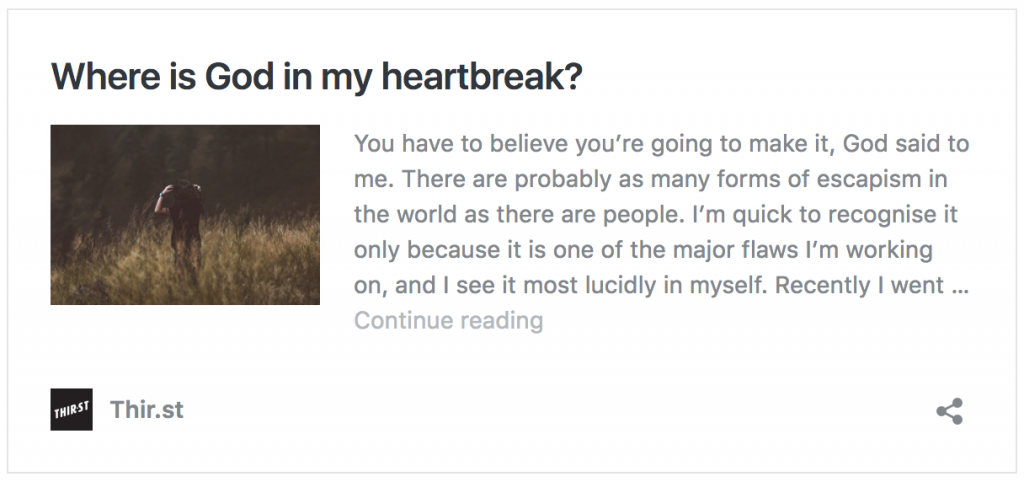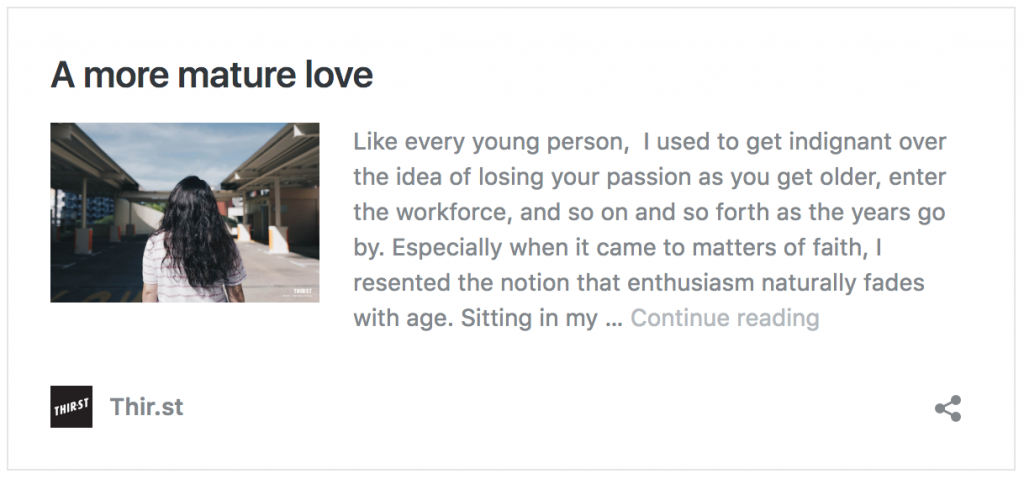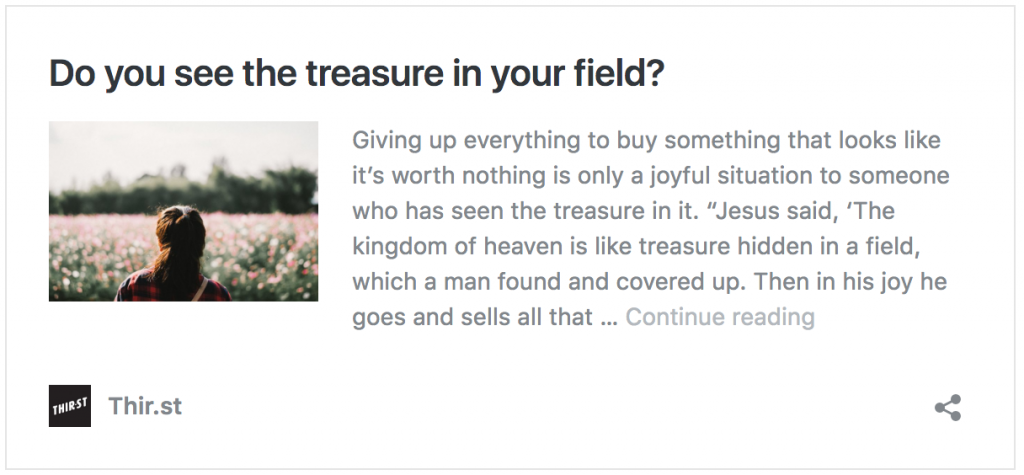There are two things I’ve always been frustrated with God about, especially on bad days. The first – why do I always seem to be in the wrong place? And the second – how many times have I been, or will I be, ravaged by this determination of “I am going to love you”?
Let me explain.
The first question comes out of a place of me never feeling like I fit into anywhere God has led me to – in every school, congregation, or environment, I have always struggled with finding community. Beyond that, I’ve struggled with even feeling cut out to be someone who belongs to a group, in terms of skills, qualifications, personality or values.
For instance, 5 years ago, I went to a hardcore music college without any aspiration of becoming a professional musician. I applied simply because God had deposited in me a heart for the industry.
Day in and day out, I was bombarded by reminders of my inadequacy and the fact that I was a sojourner on a completely separate trajectory from everyone else who did want to go professional. It was a displacement I carried with me for 4 years, even through the enjoyable, joyous moments.
As long as we see this beauty in the ones He’s created in His own image, we will love, and keep on loving.
The second question is linked to the first. It’s borne from how easily I fall in love, deeply but not romantically, with the people in these places I am transient in.
But I think the second question also reveals the mystery of the first. I never feel like I fully belong somewhere because I was never guided there by a desire to belong, but by a desire to reach the people there. It’s a desire that God honours, and knows before I do, which is why He brings me there in the first place.
Every time I get discouraged, He reminds me of this.
We were walking home the other day when He pointedly lassoed me back to basics with the question: Why do you love people? Implicit in His tone was this hint of, “There has to be a reason, right?”
Right there and then a distinct thought came to me, a perfect sentence. I saw a face, and then a myriad of faces, materialise in my mind, and felt my heart leap in response to the beauty. It was the same internal tremor that an incredible sunset evokes: I see the magnificence of the Creator in you.
And as long as we see this beauty in the ones He’s created in His own image, we will love, and keep on loving.

This takes a lot to share, but I lost a close friendship last year, and it killed me. From time to time, I stand back and acknowledge this: Something in me died the day we stopped being friends.
At first everything felt fine, probably because I was in the kind of numbing shock that produces total denial, and then all of a sudden, my whole system just sloped steeply into complete and utter loss.
People would be talking, and my brain would begin clogging with everything that had happened, and voices would tune out foggily into the background, until by the time I was back in real time and space, the conversation would have long moved on.
It was honestly frightening. I waded through activities without actually processing everything; it would all just fly over my head and get lost in the air somewhere.
After many months of unreasonably idealising the friendship, I slowly began to remember why I had quit on it. It could be attributed to the simple fact that my concept of love had been too small.
I could not bear being forgotten. I could not bear being replaced. I was too insecure to accept that the friendship was bigger than me.
And for all those months my memory played a funny trick on me: It chose to ignore that perhaps this love was never going to be easy, especially not in the state I had been in. Accepting that was the biggest hurdle that I could not cross.
And for the longest time I would look back and trace every possible path of what could have been, letting lines diverge and turn shadowy corners in the labyrinth of every decision I’d ever made, wondering: If I had just made one move differently, how narrowly I could have slipped past this regret.
But each time looking over my shoulder, the walls would converge darkly, millions of permutations closing in on one another until I was left alone, in the centre of all the fractions of choices that led me to this moment.
For the longest time I would whine to God, I just need to understand. I just need resolution. I just need to be healed.
I need this, I need that.
I kept on wondering why God couldn’t weed the pain out straight away.
Until one day, when I finally gave Him the air time, He spoke. No, you don’t need more clarity, and you don’t need anymore healing. You just need more perseverance and more wisdom.
Perseverance? Wisdom? Huh?
How does one reflect hope unless one has to wait?
But as I swallowed this, two pathways emerged clearly before me: As we wait on Him in our pain, are we reflecting or rejecting the nature that God has put inside us? In pain and crises do our hearts get bigger or smaller?
The wisdom of persevering is that a gift can only be expressed in a situation that requires it. How does one reflect hope unless one has to wait?
And though I could have sworn my heart had shrunk this whole time, He showed me a picture of it getting stretched out every day I chose to not harden it, to accommodate more. My office. My church. My country.
Days later, another picture entered my heart. It was of a person walking with a very fragile item cupped in his hands. And it struck me that sometimes, moving slowly is just a sign of care.
When God’s weeding process is incremental, it sometimes means He doesn’t want to uproot the essence of who He created us to be (Matthew 13:24-30), and the qualities He is developing in our lives. He is the skilled gardener of our inner persons.
His process is not necessarily meant to be gruelling, but it is one that stems from attentiveness, gentleness and love.
And whenever I’m lost, running on empty, or feel like things are just falling apart, the very first thing God restores to me is always my ability to recognise and receive that love.
Hearing Him say “I love you” is always so much more empowering and healing than we expect. We underestimate – at least I know I do – the power of hearing it for ourselves, in all its unambiguity.
People may forget us. But our God never does.












